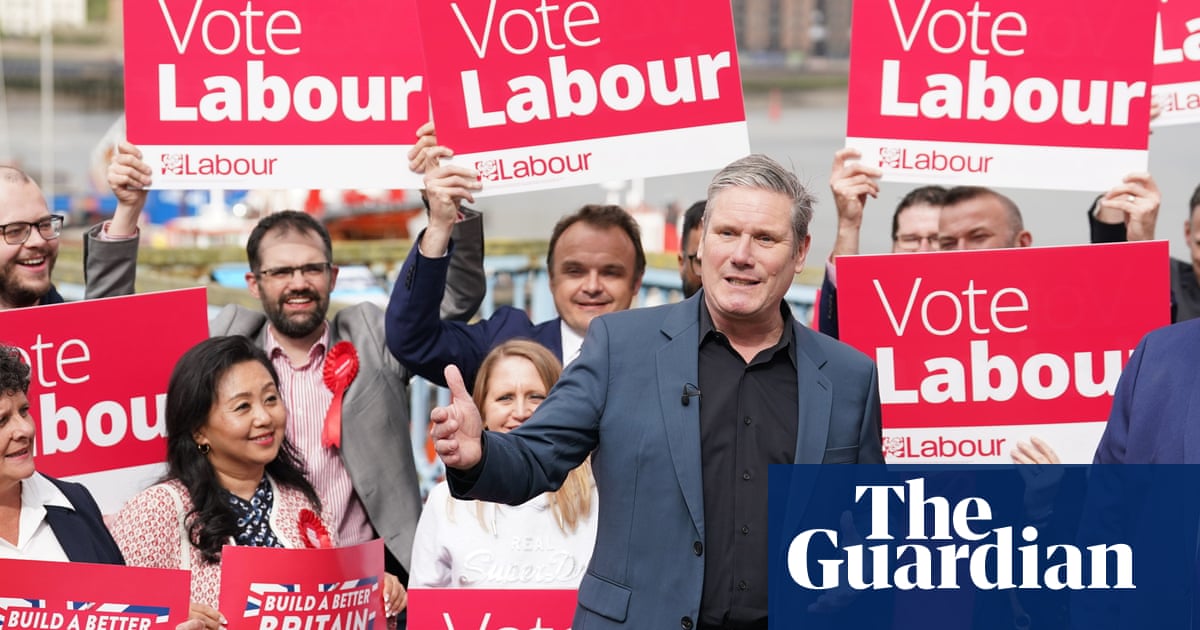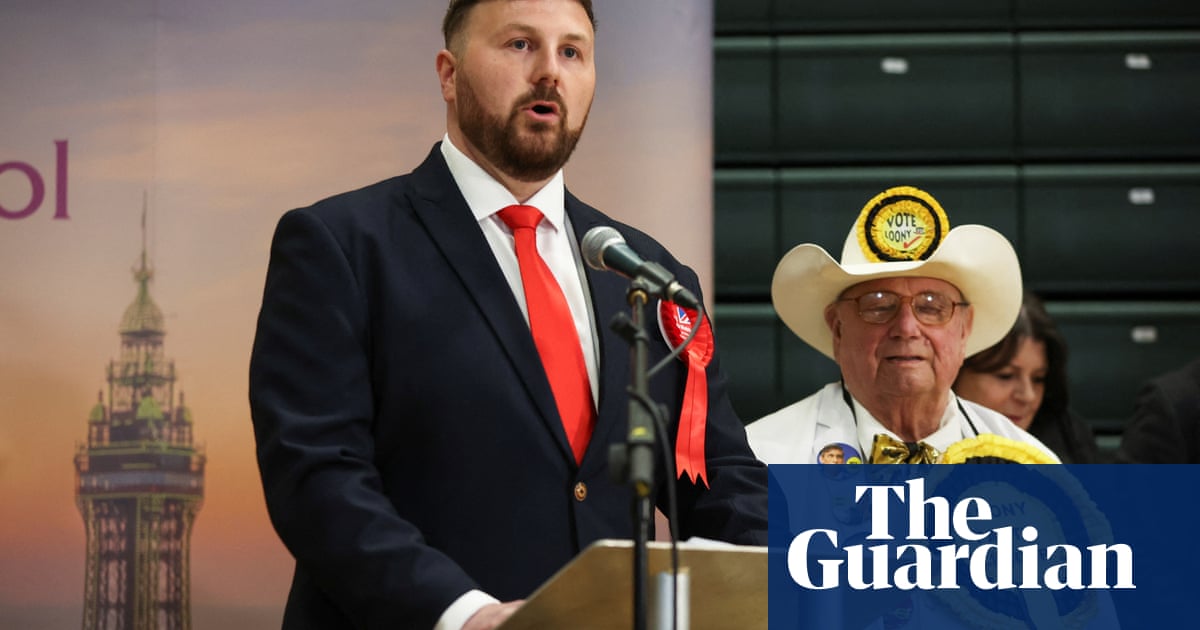
If a telltale sign of a politician’s confidence is how willingly they expose themselves to direct media scrutiny, then the likely narrative of May’s local elections was on full view on Thursday in Dudley.
While Rishi Sunak had followed his Conservative launch speech last Friday with the strictly controlled and limited format of a brief TV clip, Keir Starmer answered journalists’ questions for about 40 minutes, covering everything from council spending to Angela Rayner’s tax affairs.
It was a fluent and at times bullish performance, notably in the way he offered full-throated support for Rayner, his deputy, and his one-word answer of “yes” when asked whether Labour would fully implement their workers’ rights agenda.
In part, this is the inevitable process of a leader growing into the job. But, of course, it does also feel easier when your party is polling about 20 points ahead of your main opponents.
Starmer made it plain that even though this was not the campaign launch for a May general election he had hoped for, Labour would treat the local and mayoral polls as a dress rehearsal for the big event.
His speech to Labour activists gathered at a technology institute would have needed minimal tweaks to have become a general election stump address, with its rousing-if-woolly cries of “national renewal” coupled with warnings that the fiscal and political path ahead will be difficult.
Up for grabs on 2 May are a total of 10 mayoralties, as well as more than 2,600 English council seats, and police and crime commissioner posts in England and Wales.
Much as will be the case in the general election, one of the bigger hurdles that Labour faces is a fairly general assumption they will sweep the board, something that is being met by a vigorous pushback from Starmer’s team.
Hundreds of new Labour councillors are largely a given. What will perhaps be more crucial to perceptions of political momentum for Starmer are the mayoral races, notably in London, the West Midlands and Tees Valley.
In the former, barring one of the worst collective mishaps in UK polling history, Sadiq Khan will win a third term against the Conservative candidate, Susan Hall.
The West Midlands and Tees Valley mayoralties are held by two Conservatives, Andy Street and Ben Houchen respectively, and while Labour repeatedly insists it will be extremely tough to beat either, it is no coincidence that Starmer and Rayner travelled to Street’s patch for their launch event, where they were joined by the Labour candidate, Richard Parker.
Local elections are notoriously difficult to predict, and the spectrum of within-possibility outcomes ranges from Street and Houchen being easily returned, with relief for Sunak, to the notion raised by one analyst of the Conservatives losing all 10 mayoral races.
This latter outcome is less likely – Starmer’s team have noisily dismissed it – but were it to happen, the Conservative sharks would soon be circling again around the prime minister, prompting renewed speculation about a leadership challenge or even a summer election to see that off.
Long or short, the election buildup has its obvious perils for Labour, which remains somewhat bruised by its convoluted ditching of the pledge to spend £28bn a year on green investment, finally confirmed in February.
But even here, confidence is returning, with Starmer joining Ed Miliband, the shadow secretary for energy security and net zero, on a visit earlier this week to Holyhead in north Wales, where the Labour leader talked up plans for floating offshore windfarms as a “gamechanger” for clean energy.
The stage is set, and the canvassers will soon start knocking on doors and delivering leaflets. This is not the main event, but that is imminent, and both sides know it all too well.











